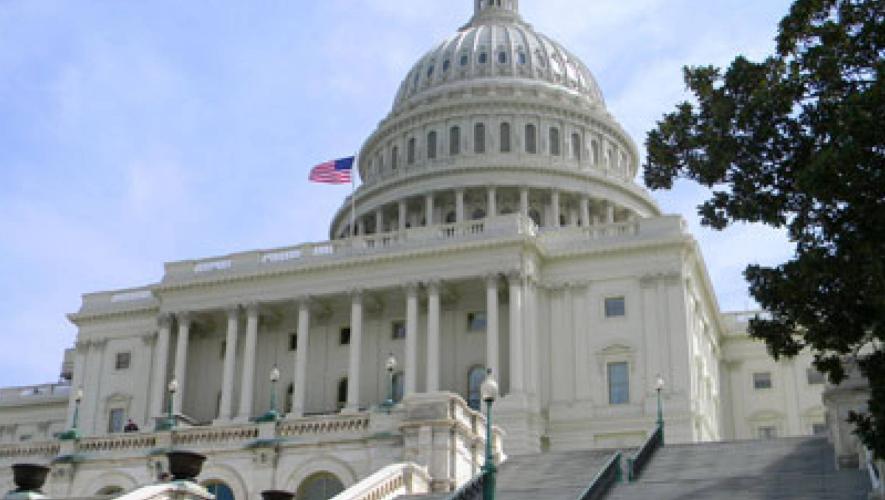The U.S. Senate Commerce Committee December 9 approved by voice vote a compromise version of the Pilots Bill of Rights 2 that addressed concerns raised last month during initial consideration of the measure. The bill, S.571, a follow-on to the original Pilots Bill of Right that would ease certain current third-class medical requirements and strengthen pilot protections during enforcement cases, now heads to the full Senate floor for consideration.
The Commerce Committee last month began consideration of the legislation, but had to delay a vote as Sen. Bill Nelson (D-Fla.) raised concerns regarding the lack of a medical checklist during examinations by private physicians as well as an expansion of certain liability protections to contract aviation medical examiners.
The version approved yesterday eliminated the expansion of the liability protections and included use of a medical checklist when affected pilots are examined by their personal physician every four years.
Senate Commerce Committee chairman John Thune (R-S.D.) praised the collaboration over recent weeks that resulted in the compromise and reiterated that the bill had overwhelming support. “It’s a good product and it’s important to a very large constituency,” Thune said.
But the bill still had its detractors. Sen. Brian Schatz (D-Hawaii), told the committee, “My fundamental disagreement is we are crashing a system, replacing it with an untested framework, making it easier for people with dangerous medical conditions to fly…without any real oversight. If anything there should be more vetting.”
Sen. Joe Manchin (D-W.Va.), who offered the compromise version of the bill, disagreed noting that sport pilots have been using driver’s licenses and have been exempt from third-class medical requirements without any demonstrated problems.
AOPA praised yesterday’s action, saying the committee’s approval brings the third-class medical reform one step closer. “Bringing the legislation this far has required persistence and compromise in order to get the very best possible deal for pilots while winning the support needed to keep medical reform on the table,” said AOPA president Mark Baker. “This legislation moves the responsibility for managing many health issues out of the FAA’s bureaucracy and puts it in the hands of pilots where it belongs. The Pilot’s Bill of Rights 2 frees pilots to work with their personal physicians to manage their own health, wellness and fitness to fly.”






